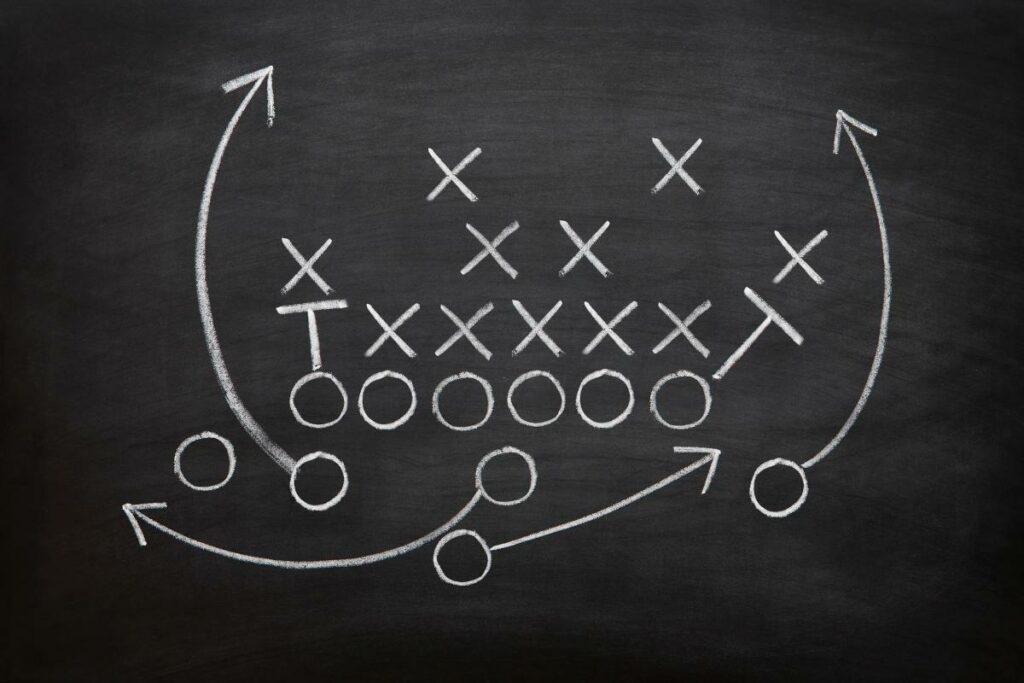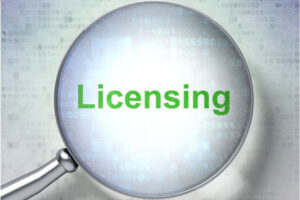As a licensed professional in Texas, you are subject to various laws and rules that your licensing agency or board enforces. Failure to follow these laws may result in complaints against you, which, in turn, may lead to disciplinary proceedings against you. The sanctions you can receive because of these proceedings can be severe and devastating for your career and livelihood. The most serious cases may impair your ability to work in your profession in the future.
By obtaining a Texas licensing board defense lawyer to represent your interests, you will be better positioned to oppose the disciplinary complaint filed against you. You can more effectively fight back against the potentially severe sanctions you may face and work to reach a positive resolution in your case.
Seek a Dismissal of the Complaint at the Outset of Your Case
One of the most effective ways to defend against a disciplinary complaint is to aggressively push for dismissal before your licensing board files formal disciplinary proceedings against you. If you can provide sufficient evidence from the outset of your case that you did not violate the rules or laws as alleged in the complaint, the licensing board may be more apt to dismiss the complaint without further investigation. In contrast, once your licensing board has spent time and resources investigating the complaint, gathering evidence, and filing a formal disciplinary complaint against you, the licensing board may be less likely to dismiss the complaint summarily.
Get Legal Advice Before Responding to the Complaint
One mistake that many professional licensees make is to immediately respond to a complaint against them on their own without getting legal advice. These professionals often assume they can easily overcome the allegations against them without legal assistance. However, proceeding on your own is rarely the best course of action.
Even when the allegations in the complaint appear far-fetched, you should still take the complaint seriously. As a result, you should contact an experienced license defense attorney as soon as you become aware of the complaint. By allowing an attorney to advise you and help you formulate an answer, you can put yourself in a better position to resolve the complaint before your licensing board formally files disciplinary charges against you. You can avoid providing details or evidence to your licensing board that they may not already possess and refrain from inadvertently admitting to a violation of the rules or law.
Know What to Expect at an Informal Conference
Many licensing boards that pursue disciplinary action against licensees start by holding an informal conference to try and resolve the matter without needing a formal hearing. In many cases, the board, or a panel of the board, will prepare a proposed finding of violation(s) and sanction(s) based on the recommendations of board staff. The licensee, their attorney, board staff, and other board representatives will meet to discuss the case and determine whether the proposal is appropriate to resolve the complaint. The board can still dismiss the complaint at this point or request an administrative hearing for resolution if the parties cannot reach an agreement. In any event, having the assistance of an attorney to help you present your case and the evidence to support your position before the board can be crucial. Even at this point in the disciplinary process, you may be able to avoid formal proceedings and obtain a dismissal of the case.
Click to contact our professional license defense lawyers today
Focus on the Sanctions Rather than the Violation
If the evidence is clear that you did violate a rule or law governing your profession, you may want to focus your efforts on minimizing the resulting sanctions you may face. An attorney is best suited to advise you if and when this defense strategy becomes appropriate.
For example, most board rules or laws list aggravating and mitigating factors that the licensing board must weigh in determining the appropriate sanction for a particular violation. Many licensing boards follow a schedule of sanctions that is designed to let licensees know what sanctions to expect if they commit specific violations. However, licensing boards almost always have some discretion regarding the sanctions they impose for most violations, so presenting evidence of mitigating factors can be highly effective in reducing the sanctions you may face. While licensing boards likely have to explain any deviations they make from the schedule of sanctions, you can make it easier for them to do so by providing strong evidence of mitigating factors that may justify a lesser sanction in your case.
Conclusion
facing disciplinary proceedings as a licensed professional in Texas can have profound implications for your career and livelihood. The potential sanctions resulting from these proceedings underscore the critical importance of seeking legal representation to safeguard your interests. By engaging a Texas licensing board defense lawyer, you gain a strategic advantage in challenging the disciplinary complaint and pursuing a favorable resolution. From seeking dismissal of the complaint at the outset to navigating informal conferences and focusing on mitigating factors during formal proceedings, legal counsel provides essential guidance and advocacy every step of the way. With skilled representation, you can effectively combat allegations, protect your professional reputation, and work towards minimizing the impact of disciplinary actions on your future endeavors.
Complete a Case Evaluation form now
Bertolino LLP: A Law Firm Who Stands Ready to Defend You Before Your Professional Licensing Board
When a complaint threatens your professional license, you should retain a seasoned Texas licensing board defense attorney to represent your interests. We can begin representing you as soon as you contact us about your disciplinary case. Contact the lawyers of Bertolino LLP today by calling (512) 515-9518 or visiting us online.
Call or text (512) 476-5757 or complete a Case Evaluation form






